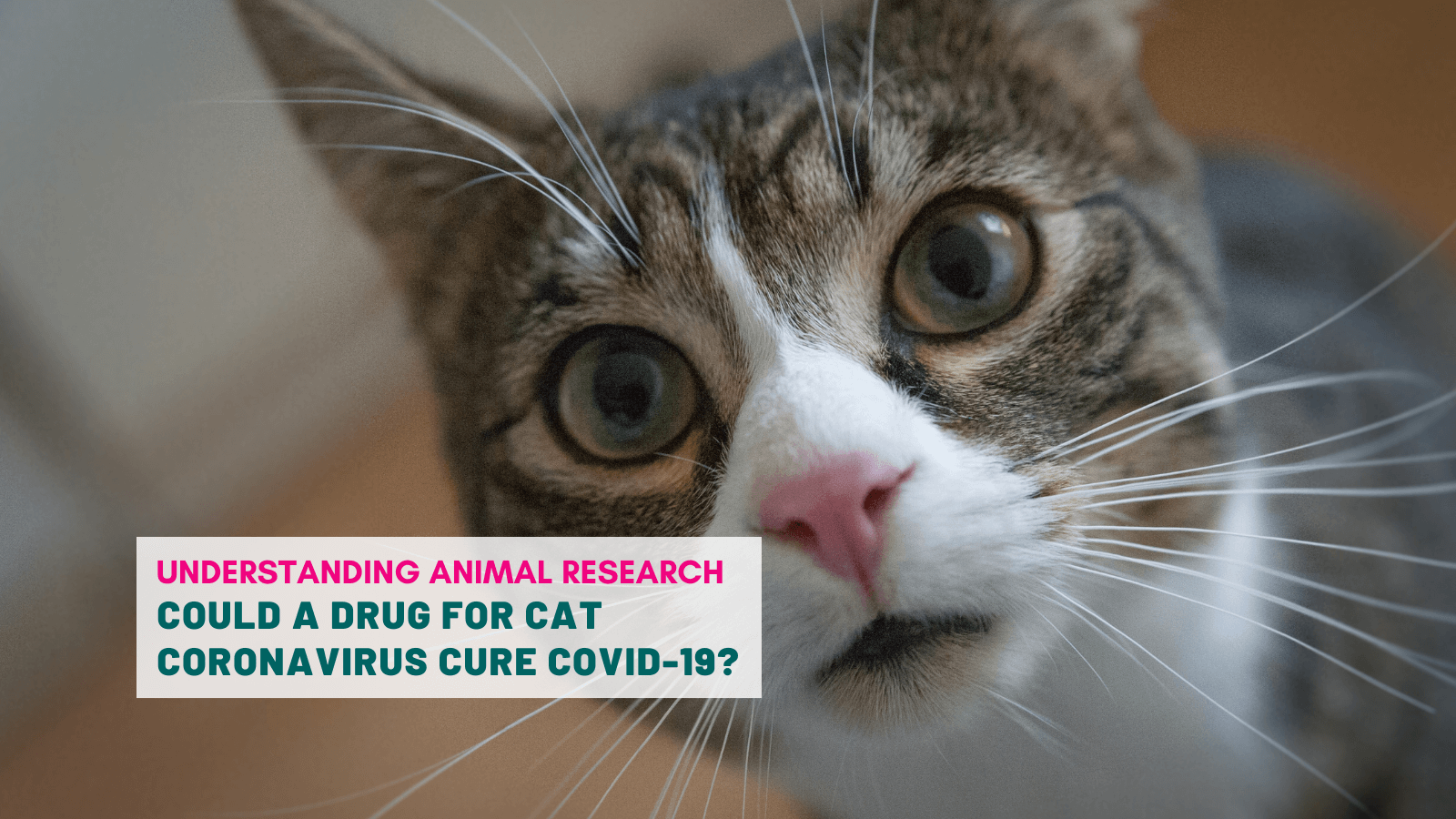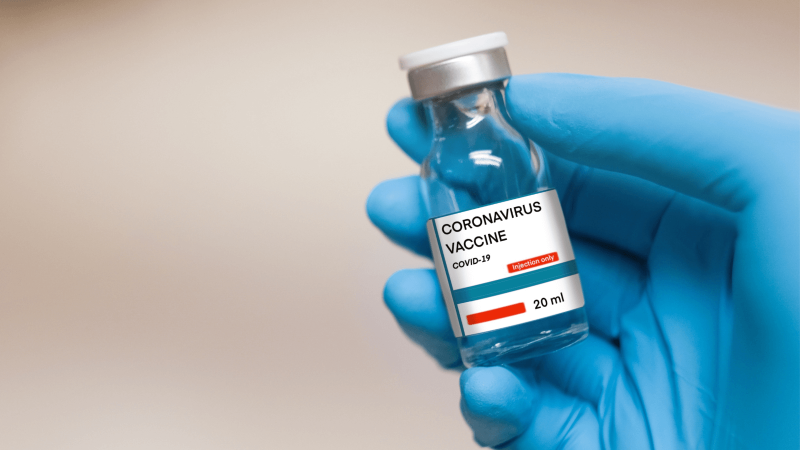Could a drug for cat coronavirus cure COVID-19?
Cats, as we all know, have nine lives, but with recent breakthroughs in the understanding of feline coronavirus, perhaps they will donate one of them to us.
For decades, researchers have been searching for an effective treatment for a deadly disease in cats called feline infectious peritonitis. The disease is caused by a mutation in an otherwise relatively harmless coronavirus infection. The mutated virus attacks cells causing a dysfunctional inflammatory immune response which has interesting similarities to the behaviour of COVID-19, the illness caused by the current coronavirus pandemic in humans. The similarities are strong enough to prompt scientists to explore the possibility that antiviral treatments developed for the condition in cats could be adapted for use in human patients.
Antiviral drugs for cats
There are currently two leading experimental treatments for feline infectious peritonitis caused by coronavirus infection. Both have shown real promise by disrupting the ability of the feline coronavirus to replicate in ways that seem translatable to human patients.
In August of this year, Anivive Lifesciences, the developer of one of these drugs - known for the time being as GC376 - announced that it was starting two preclinical studies after its success in using the treatment to hinder viral replication in lab-grown monkey cells.
The drug works by attacking a key enzyme called M protease that the virus depends upon to replicate. M protease is found in many coronaviruses including SARS and MERS implying that it may be useful not only in tackling COVID-19 but also for future novel coronavirus outbreaks.
The other, treatment, known as GS-441524, is a similar molecule to Remdesivir, a drug that recently made headlines for reducing recovery time in hospitalised COVID-19 patients, and both were developed by biopharmaceutical company Gilead Sciences. They work by tricking the virus to incorporate into its RNA – the chemical code, similar to DNA, which it uses to replicate - a ‘copycat’ block which doesn’t work properly from the virus’s point of view and ultimately brings replication to a standstill.
In June 2018, researchers reported in Veterinary Microbiology that GS-441524 could effectively treat feline infectious peritonitis. The drug not only inhibited viral replication in lab-grown cells, but also successfully treated 10 out of 10 coronavirus-infected cats that developed severe disease. This was further highlighted by a separate study published in 2019 in the Journal of Feline Medicine and Surgery, in which 25 out of 26 cats were treated with the drug for at least 12 weeks and survived.
Earlier this year, GS-441524 showed similar promise in treating the human coronavirus, SARS-CoV-2, with a study that came out in Cell Reports on the 21 July finding that it can prevent viral replication in lab-grown monkey and human cells.
From a feline coronavirus to SARS-CoV-2
As ever, caution is necessary, of course. To date, neither molecule has been approved by the U.S. Food and Drug Administration (FDA), for use in animals, let alone humans. There are many hurdles to clear before either can be shown to be unequivocally safe and effective in humans, but the evidence so far is encouraging. Over and over again in the history of medicine the close biological similarities between humans and other species have provided a key to understanding that would otherwise have been lost or long hidden and this may be yet another case. The cat, according to Kipling, walks always alone and is not a servant and not a friend. Virologists may disagree.
Last edited: 30 August 2023 12:33




